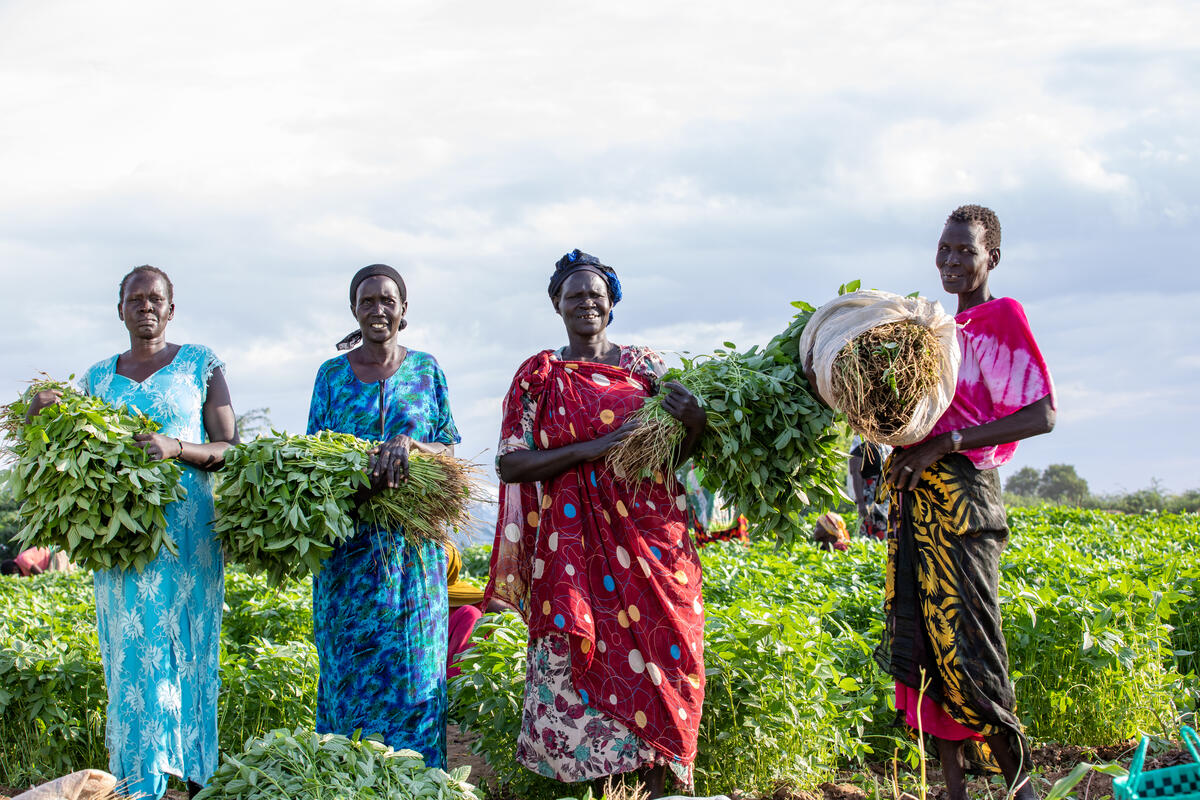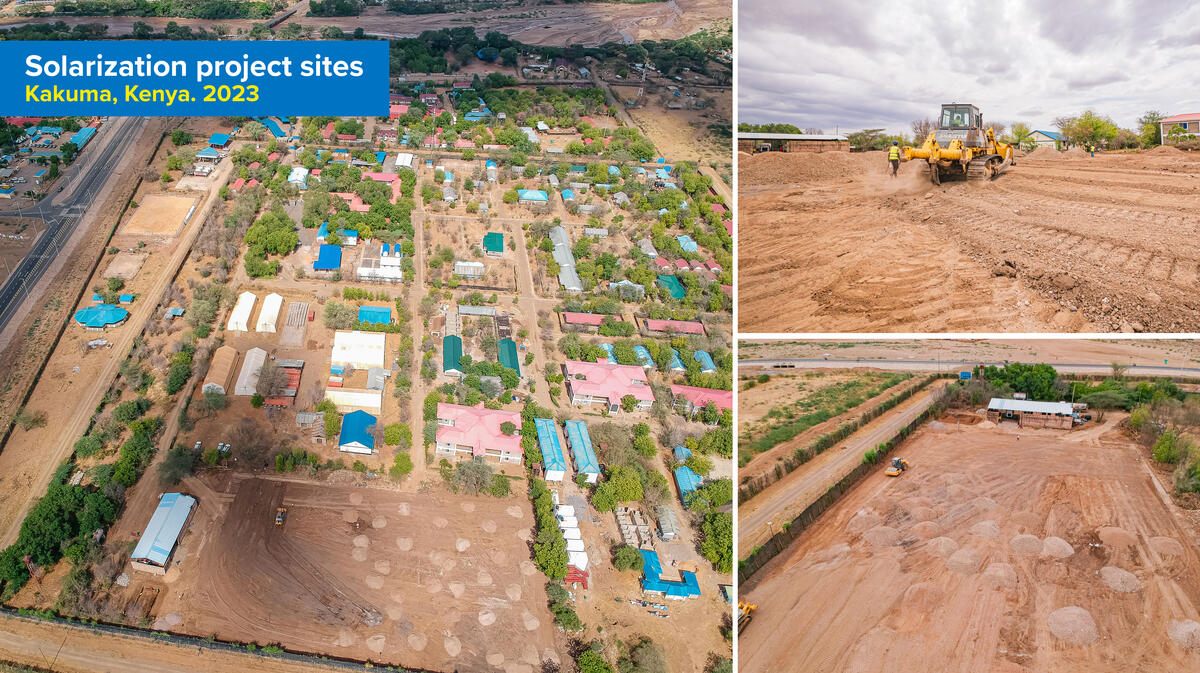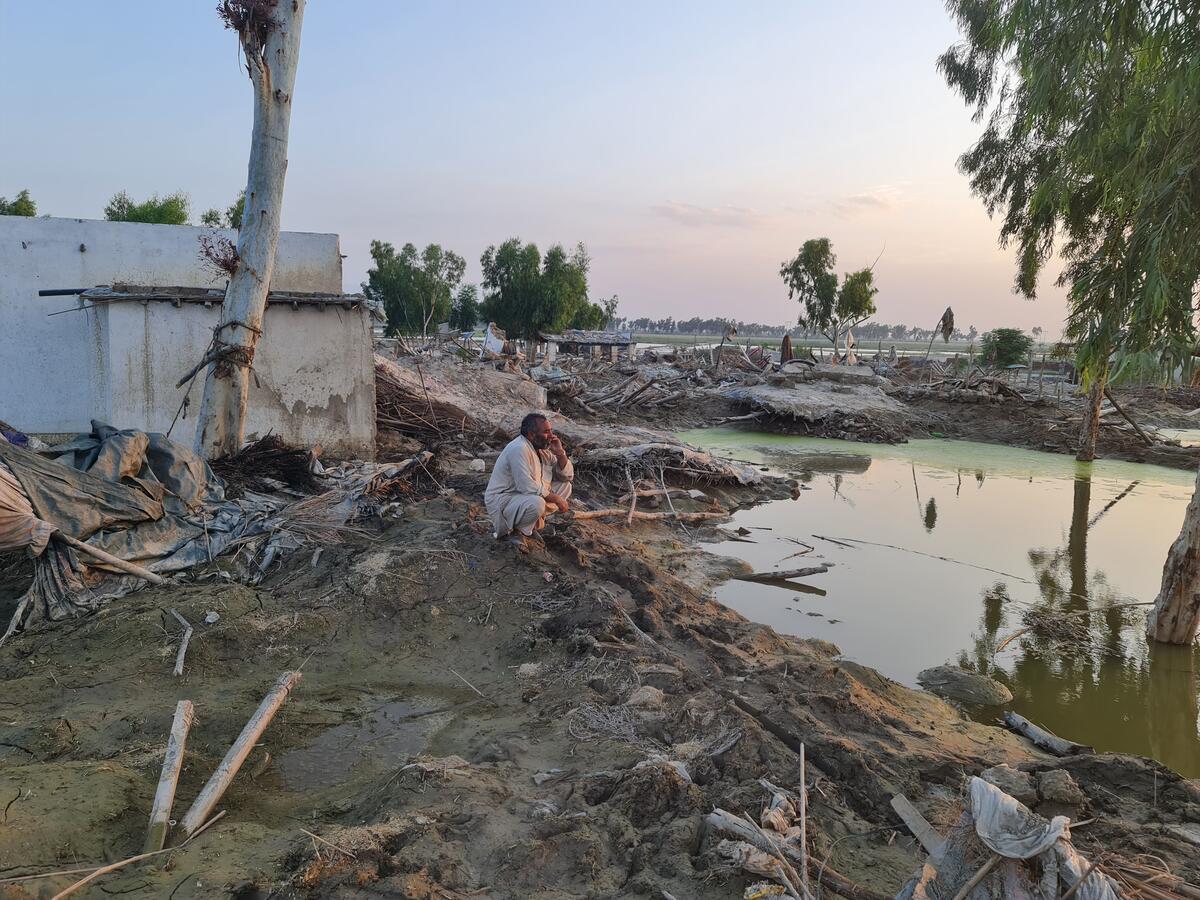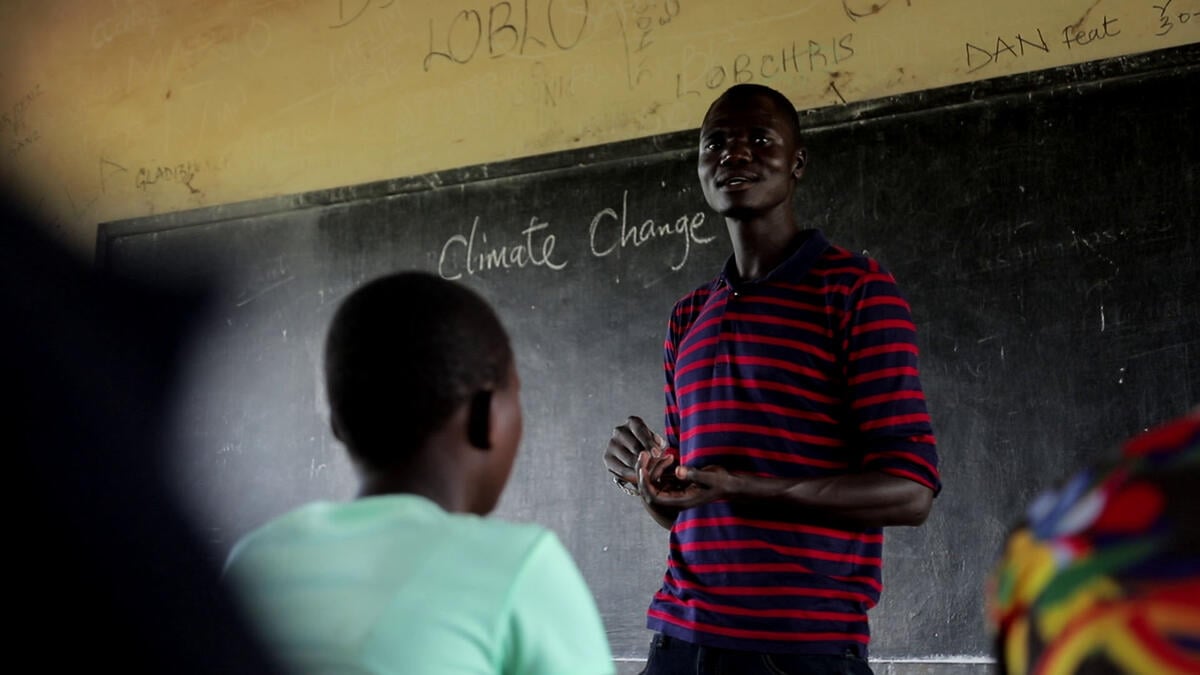Attacked Sudanese refugees reach safety in central Uganda
Attacked Sudanese refugees reach safety in central Uganda

KAMPALA, Uganda, August 12 (UNHCR) - More than 23,000 Sudanese refugees displaced after last week's rebel attack on a camp in northern Uganda have reached safety in central Uganda after the UN refugee agency completed the first phase of an emergency relocation on Sunday.
The August 5 attack by rebels from the Lord's Resistance Army (LRA) had driven some 24,000 refugees out of Acholi-Pii camp. About 17,000 fled to nearby Rachkoko, where UNHCR, fearing further rebel attacks, asked them to walk 60 km overnight to Lira.
At Lira, they joined another 3,000 who had fled Acholi-Pii, and were transferred to an existing refugee site in Kiryondongo, about 100 km south-west of Lira, in central Uganda. The operation started on Wednesday and was completed by Sunday, with a record of 7,500 people moved in one day on Friday. As an emergency measure, the refugee agency had hired 80 commercial trucks to complement the existing fleet of four UNHCR and five International Organization for Migration (IOM) trucks. Refugees who were too weak or sick to walk were picked up on the road about 18 km north of Lira.
In Kiryondongo, they joined another group of about 3,000 who had arrived on their own, having walked through the bush for several days after escaping the attack. The site, which was already hosting 13,000 refugees prior to the new arrivals, is being extended to temporarily host survivors of the Acholi-Pii attack until a new, final settlement is readied for them further south. Hospital tents have been erected in Kiryondongo. Manned by volunteers from the Ugandan Red Cross, these tents will be used as medical centres for the new arrivals, in addition to existing facilities.
On Sunday, a refugee leader was sent to Acholi-Pii to look for a disabled girl who was reported to have remained behind in the vicinity of the camp. He managed to bring her back, as well as her grandmother who was with her but was unable to walk her to safety.
UNHCR now believes that there are no refugees left in Acholi-Pii or Rachkoko. Since a few refugee families continue to trickle into Lira, the refugee agency will remain there for another couple of days, until it is certain that everyone is safe.
Upon arrival in Kiryondongo, families were accommodated in a reception centre, which became rapidly congested and was complemented by two additional reception areas. The new arrivals are currently being registered. UNHCR estimates that 75-80% of the new refugees at Kiryondongo have now been registered, and hopes the final count will account for most of Acholi-Pii's original population. At least 38 refugees are believed to have died in the rebel attack, but the toll could be higher.
Upon registration, the new arrivals receive plastic sheeting, an emergency food ration from the UN World Food Programme and a 20-by-15-metre plot per family to build their own temporary shelter. Blankets and jerry cans have also been distributed.
The refugees are expected to remain up to a maximum of one month in Kiryondongo, until the site identified by UNHCR and the authorities is ready to receive them. Called Kyangwali, near the shores of Lake Albert, the site is already hosting 6,800 refugees and is situated in a safe area. Teams of experts are presently studying the needs to upgrade existing facilities at Kyangwali to take in the new inflow.








